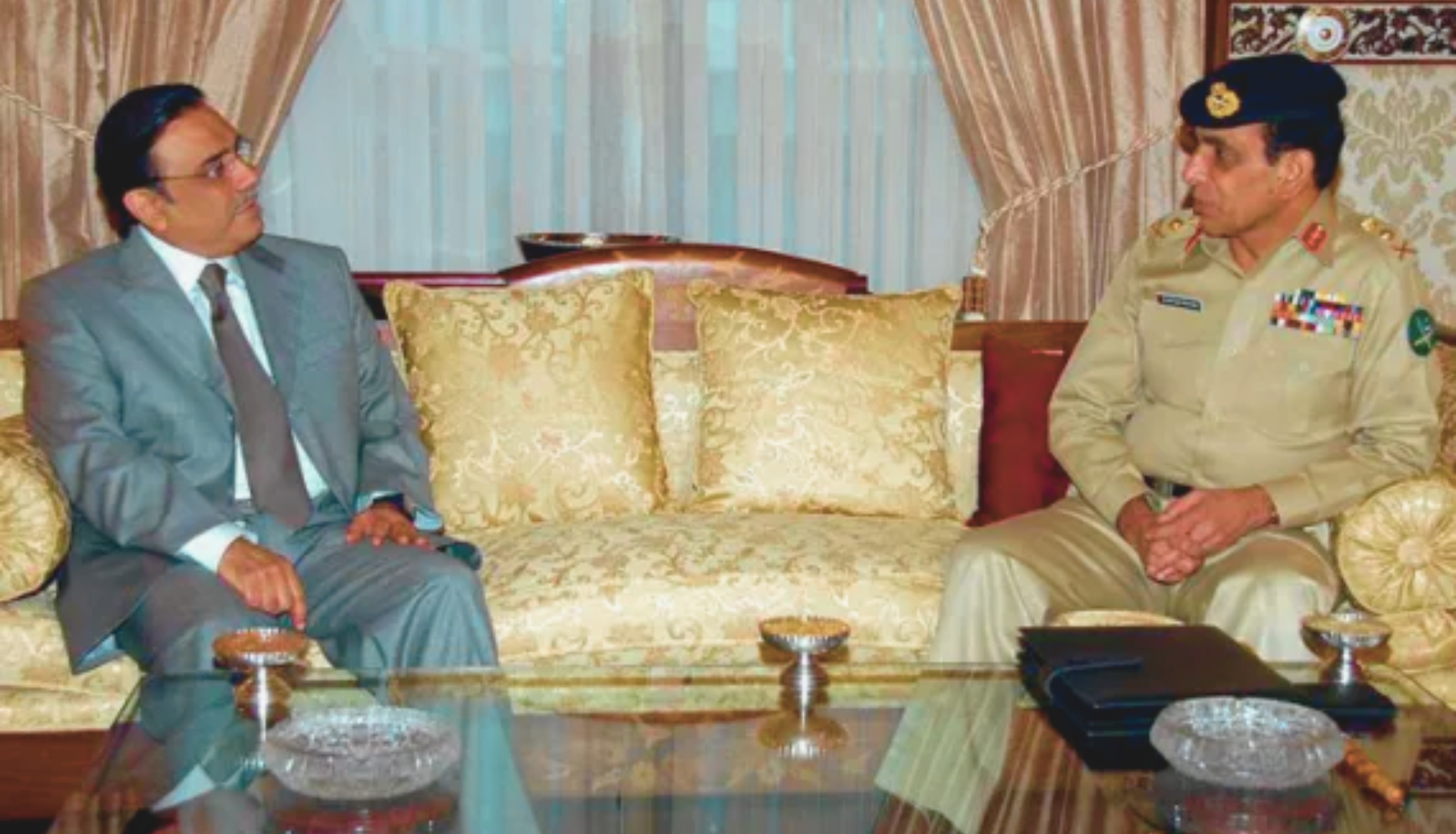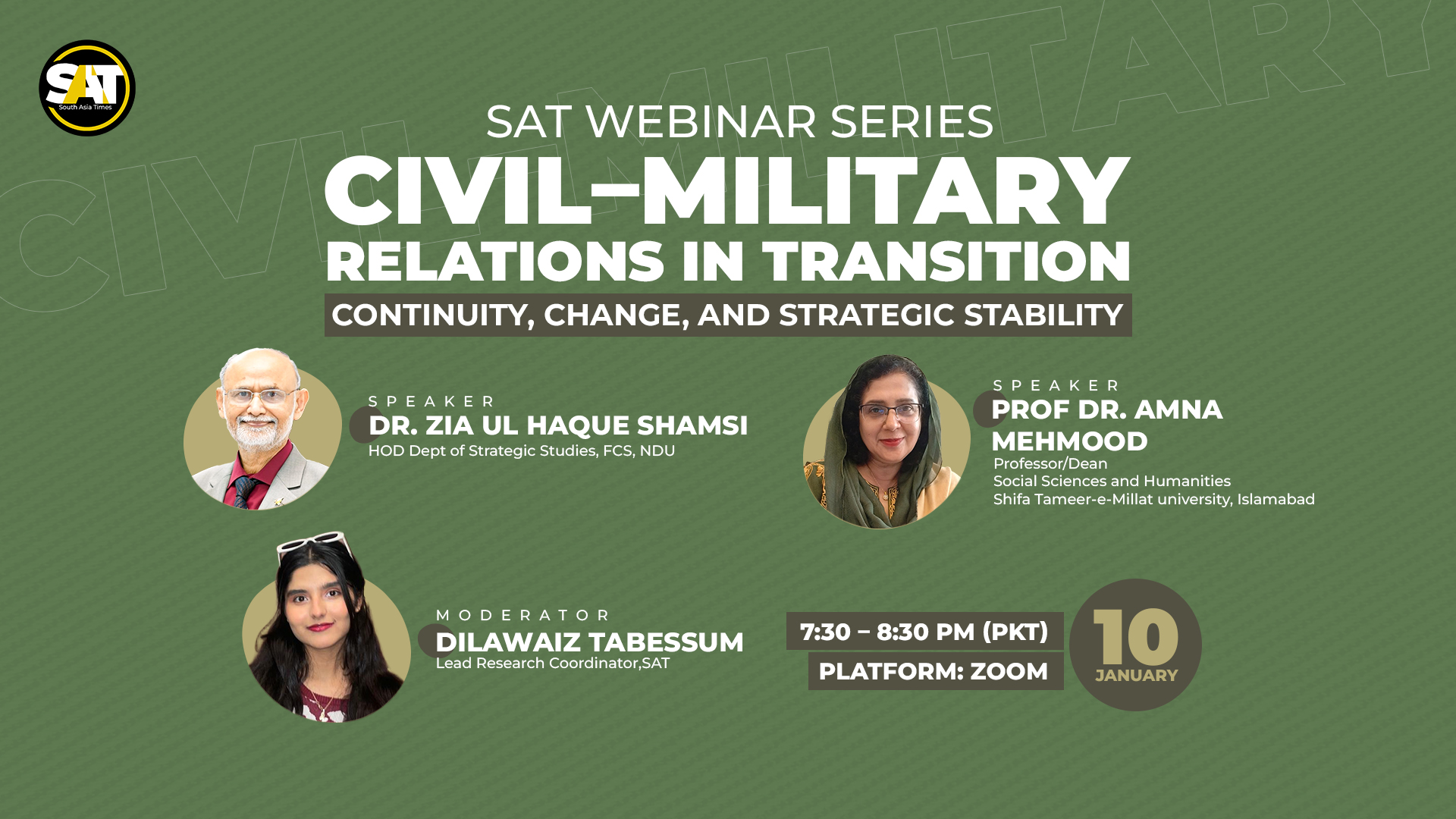Mumbai: The police arrested a man on Thursday for allegedly killing his three-year-old niece. He also tried to dispose of her body in Maharashtra’s Thane district, police said.
The girl had gone missing from near her house in Prem Nagar, Thane’s Ulhasnagar, on November 18. The authorities found her dead on Thursday.
The police interrogated the accused, who is said to be in his 30s.. He confessed to the crime but claimed that he did not kill her intentionally.
The police questioned the man, and he confessed to the crime, explaining how the incident occurred.
He claimed that he was playing with her when he jokingly slapped her and she collided with the kitchen slab and died, the police said.
He got scared and burned the girl’s body to destroy it. The man then threw the body into the bushes.
The police have sent the body for postmortem.
Also See: Neonatal Unit Fire in Northern India Claims 10 Newborn Lives
This news is sourced from NDTV and is intended for informational purposes only.

![Man arrested in Thane for killing his three-year-old niece; confessed to the crime during police interrogation. [Image via NDTV]](https://southasiatimes.org/wp-content/uploads/2024/11/26b9d9o_ulhasnagar-murder-case_625x300_22_November_24.webp)




